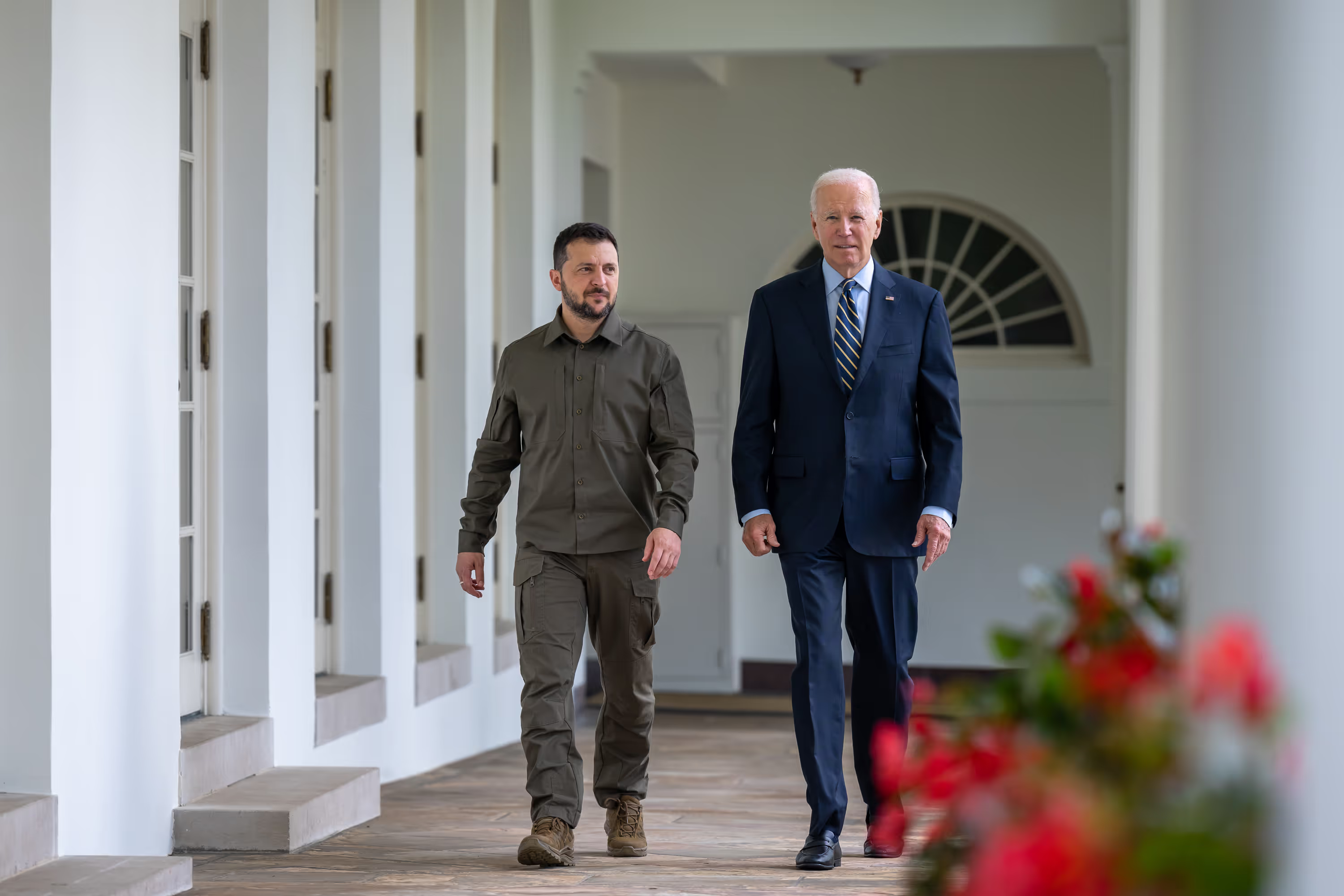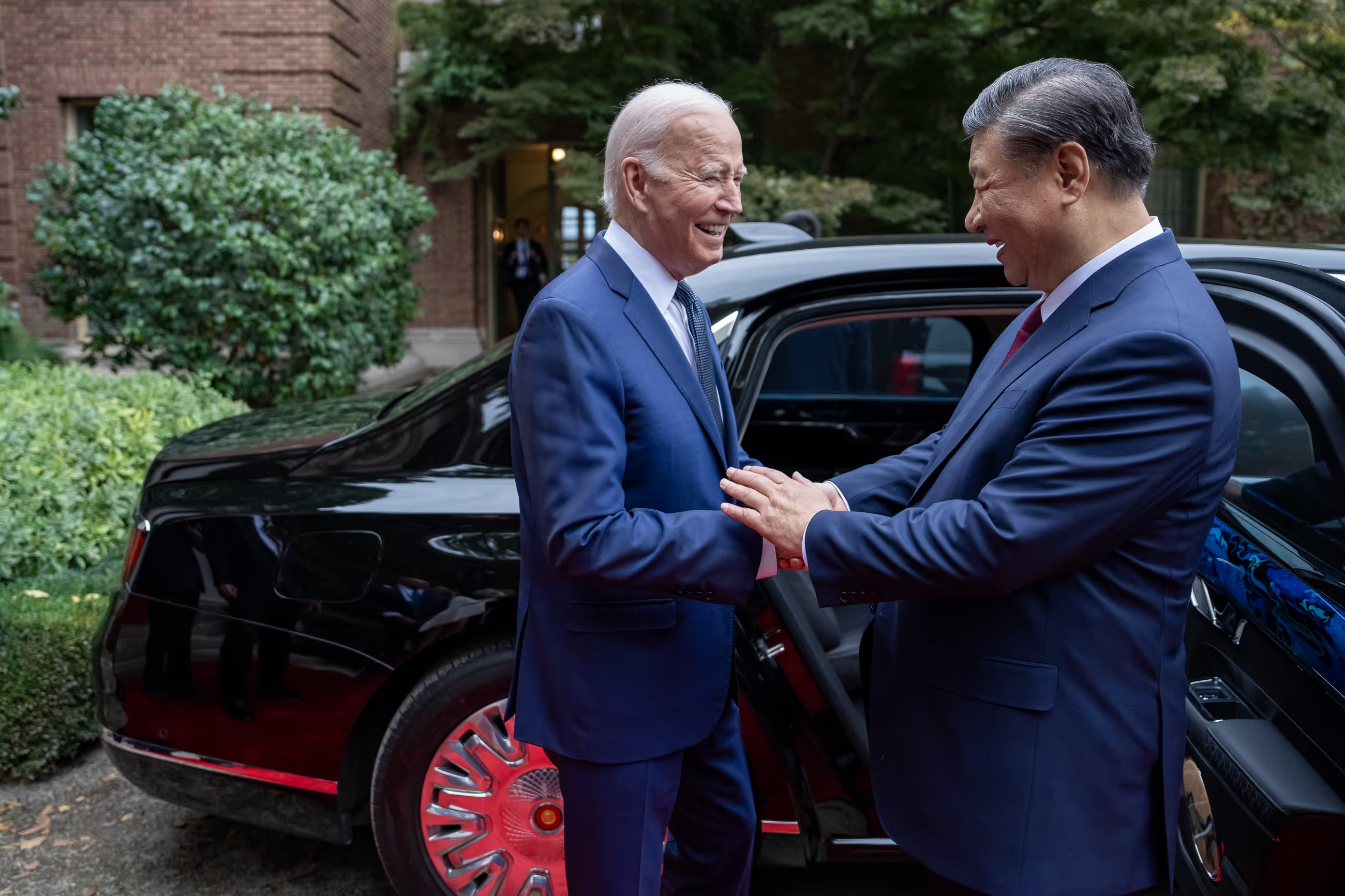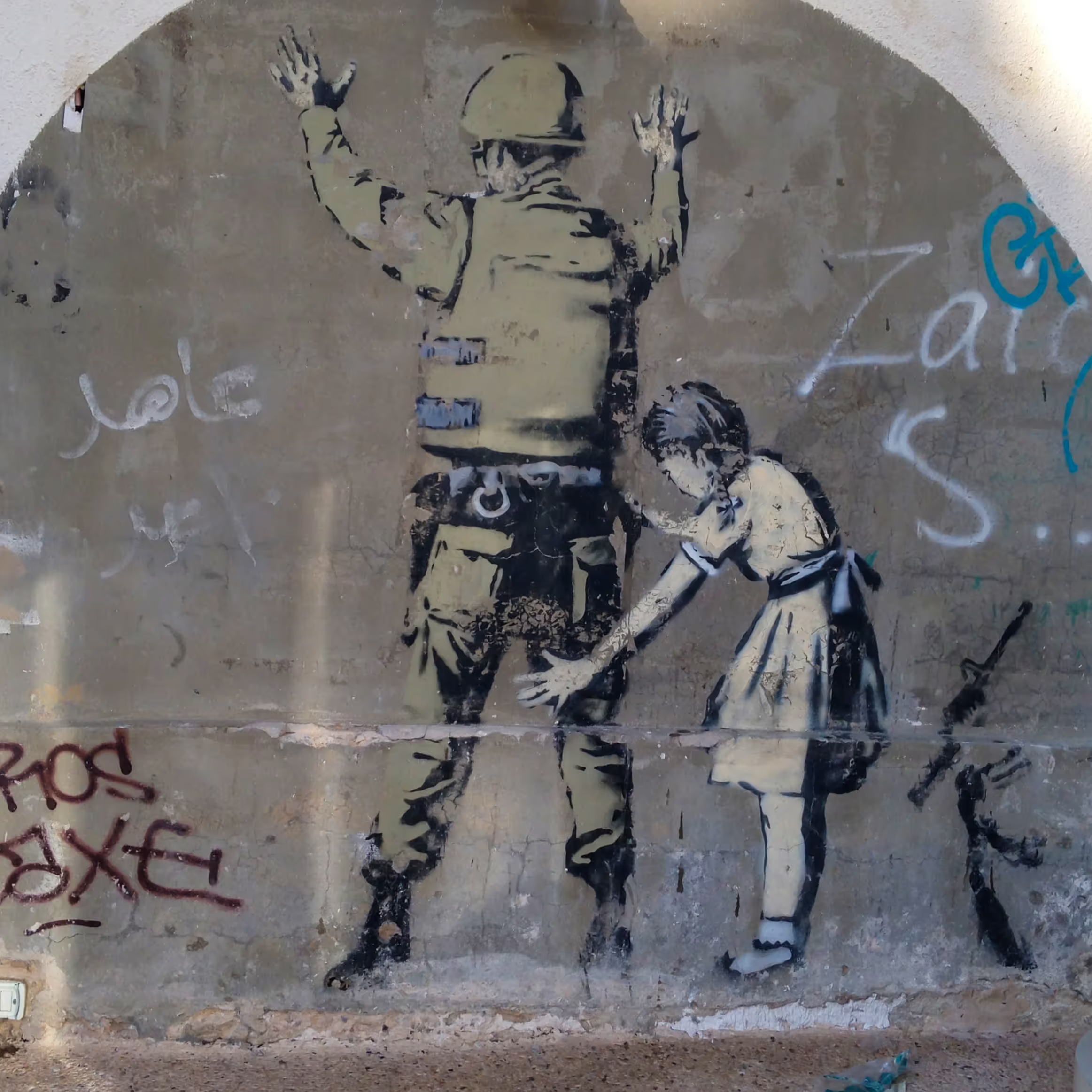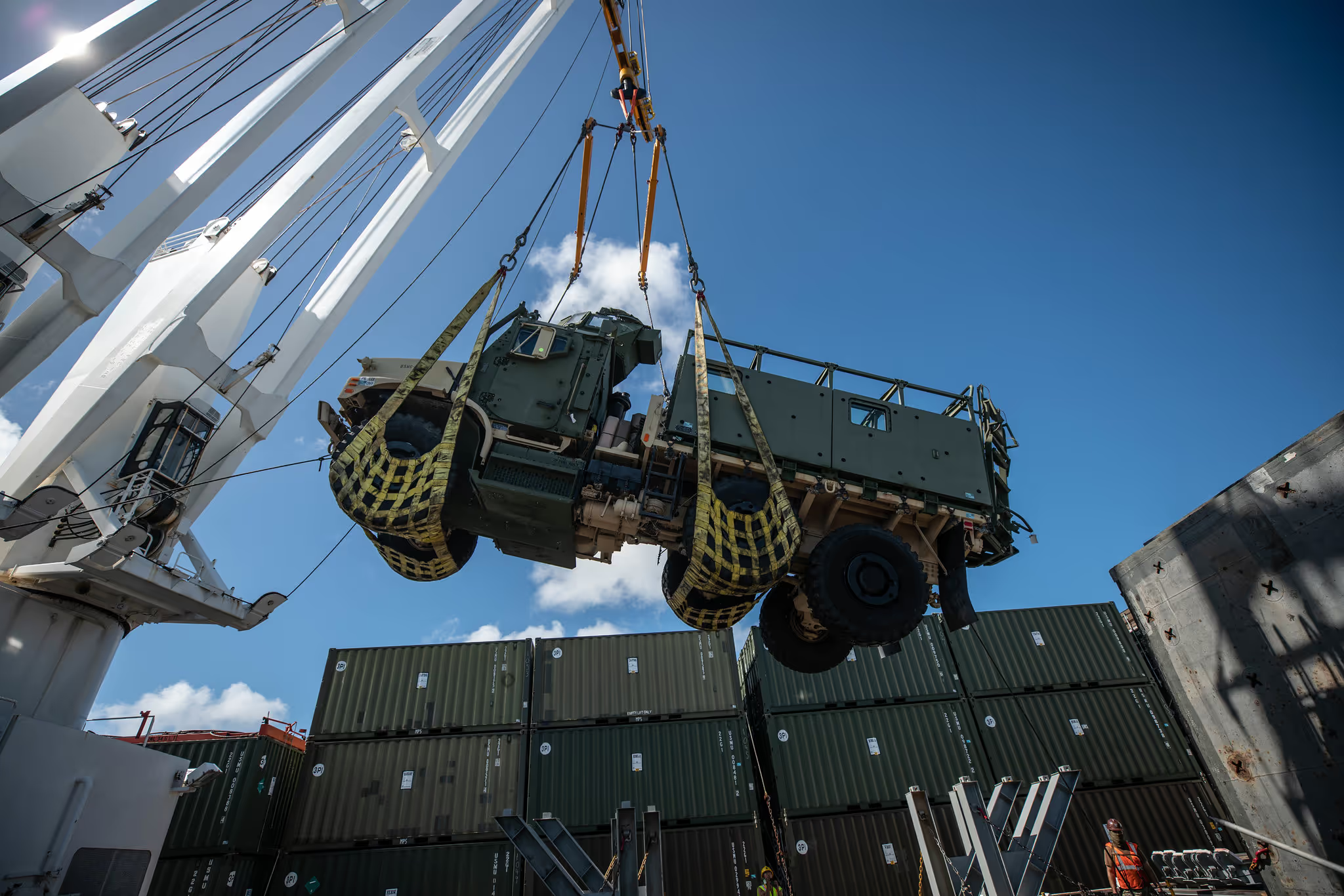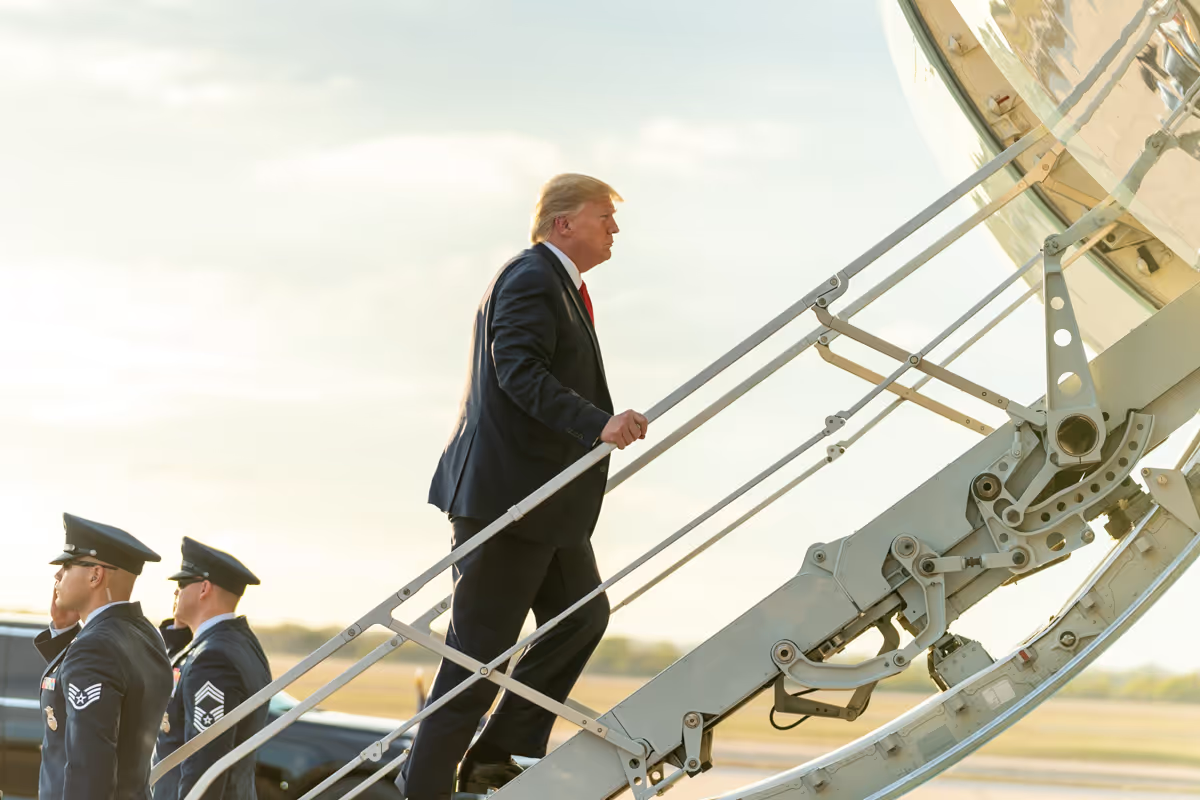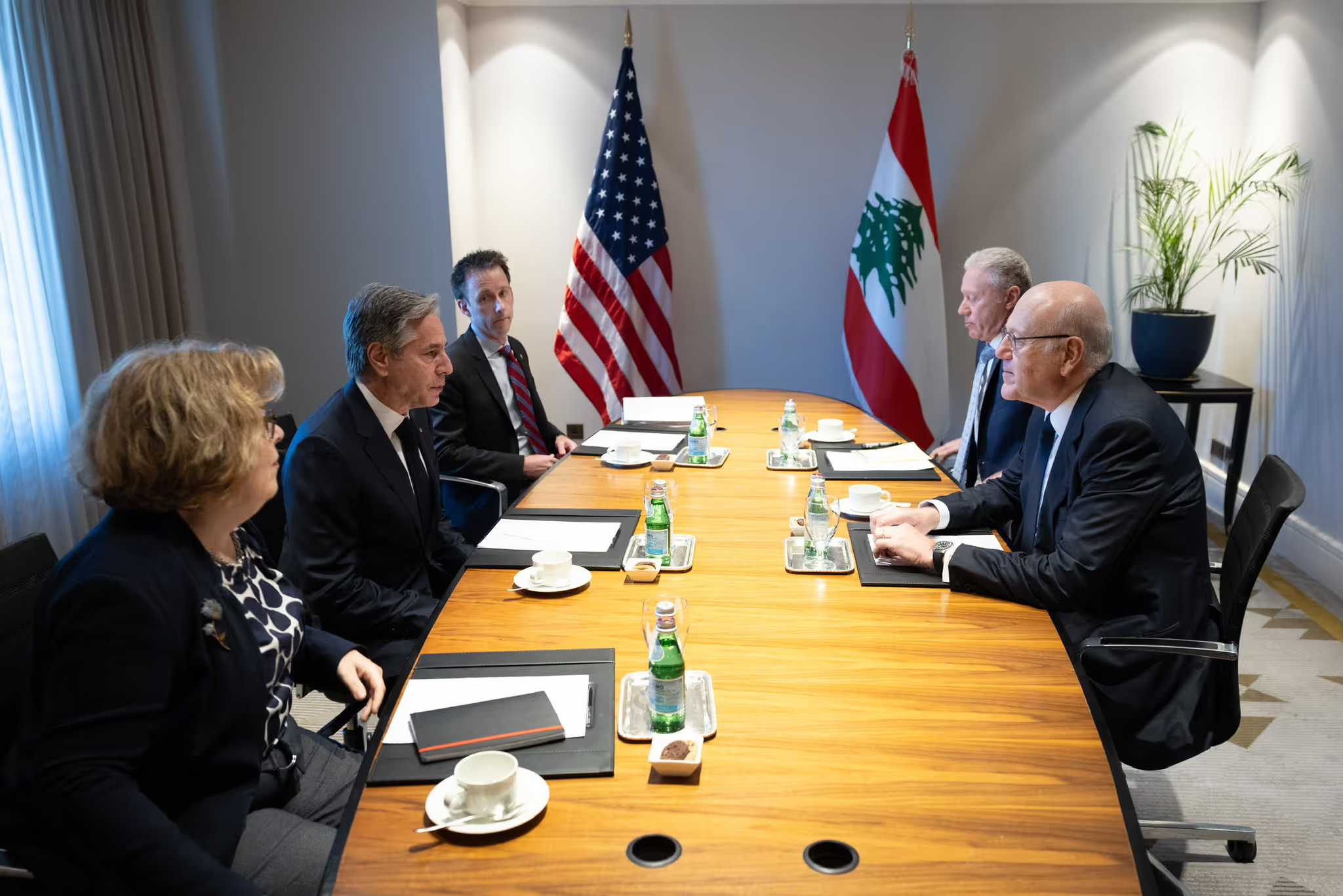
January 14, 2024
Type
Leans Left
Topic
War in Israel-Gaza
Leans Left
By

Thinktanker Summary
- Hezbollah is a politically-powerful force within Lebanon, and now serves as Iran's equal partner and "most successful and lethal export".
- While Hezbollah and Hamas are on opposite sides of the Shia-Sunni divide, both groups find common ground under Iranian support and being anti-Israeli, anti-American, and anti-Western.
Overview:
This article was written by expert Jeffrey Feltman and research assistant Kevin Huggard, published by the Brookings Institution.
- It provides an in-depth analysis of Hezbollah's multifaceted role in Lebanon and its complex relationships with Iran, Hamas, and the broader geopolitical landscape.
- The piece also examines the potential risks and consequences of escalating tensions between Hezbollah and Israel.
Key Quotes:
- "Hezbollah is the most powerful political force inside Lebanon, operating under an arrogant double standard: rejecting public oversight while insisting on the right to veto any government decision it opposes."
- "Hezbollah’s massive arsenal has little to do with Lebanon and serves primarily as Iran’s deterrence against Israel."
What They Discuss:
- The authors describe Hezbollah as a dominant force in Lebanese politics, heavily influenced by Iran and deeply involved in regional conflicts.
- Hezbollah's extensive arsenal and military capabilities are highlighted as major factors in regional power dynamics.
- The complex relationship between Hezbollah and Hamas is explored, emphasizing their united stance against Israel under Iran's influence.
- Past conflicts between Israel and Hezbollah are analyzed to understand current and potential future military engagements.
- The role of the Biden administration and international dynamics in managing the conflict and preventing escalation is discussed.
What They Recommend:
- The authors suggest cautious diplomatic and strategic approaches to manage the delicate balance of power and prevent a full-scale war.
- They emphasize the need for international engagement to address the underlying causes of the conflict and support stability in the region.
Key Takeaways:
- Hezbollah is a significant player in Lebanon’s political landscape, heavily backed by Iran and involved in regional conflicts.
- The potential for escalation in the Israel-Hezbollah conflict is high, with severe implications for regional stability.
- International efforts, including those of the U.S., are critical in managing the situation and preventing a larger conflict.
This is a brief overview of Jeffrey Feltman and Kevin Huggard's work from the Brookings Institution. For complete insights, we recommend reading the full article.

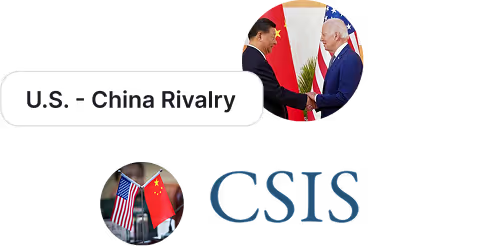

.avif)


.avif)
.avif)
.avif)
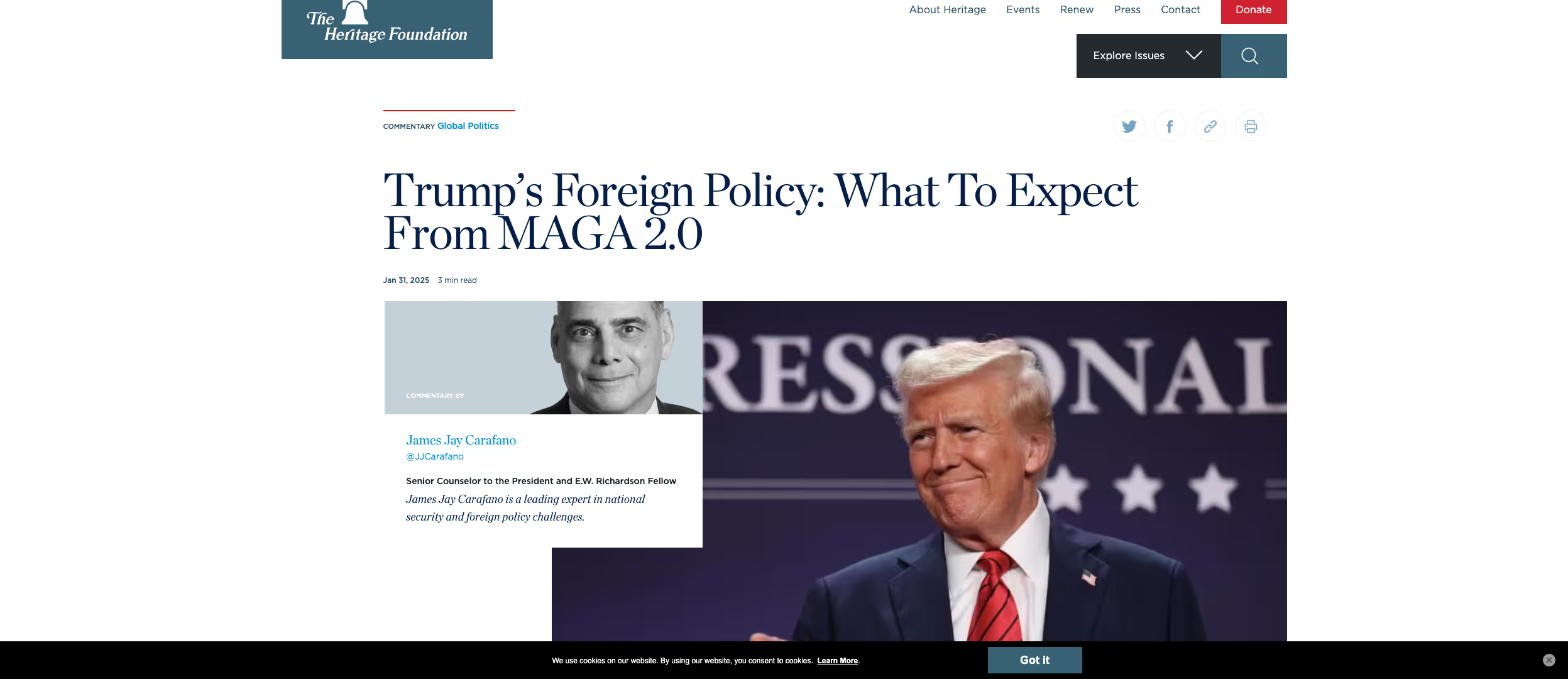
.avif)
.avif)
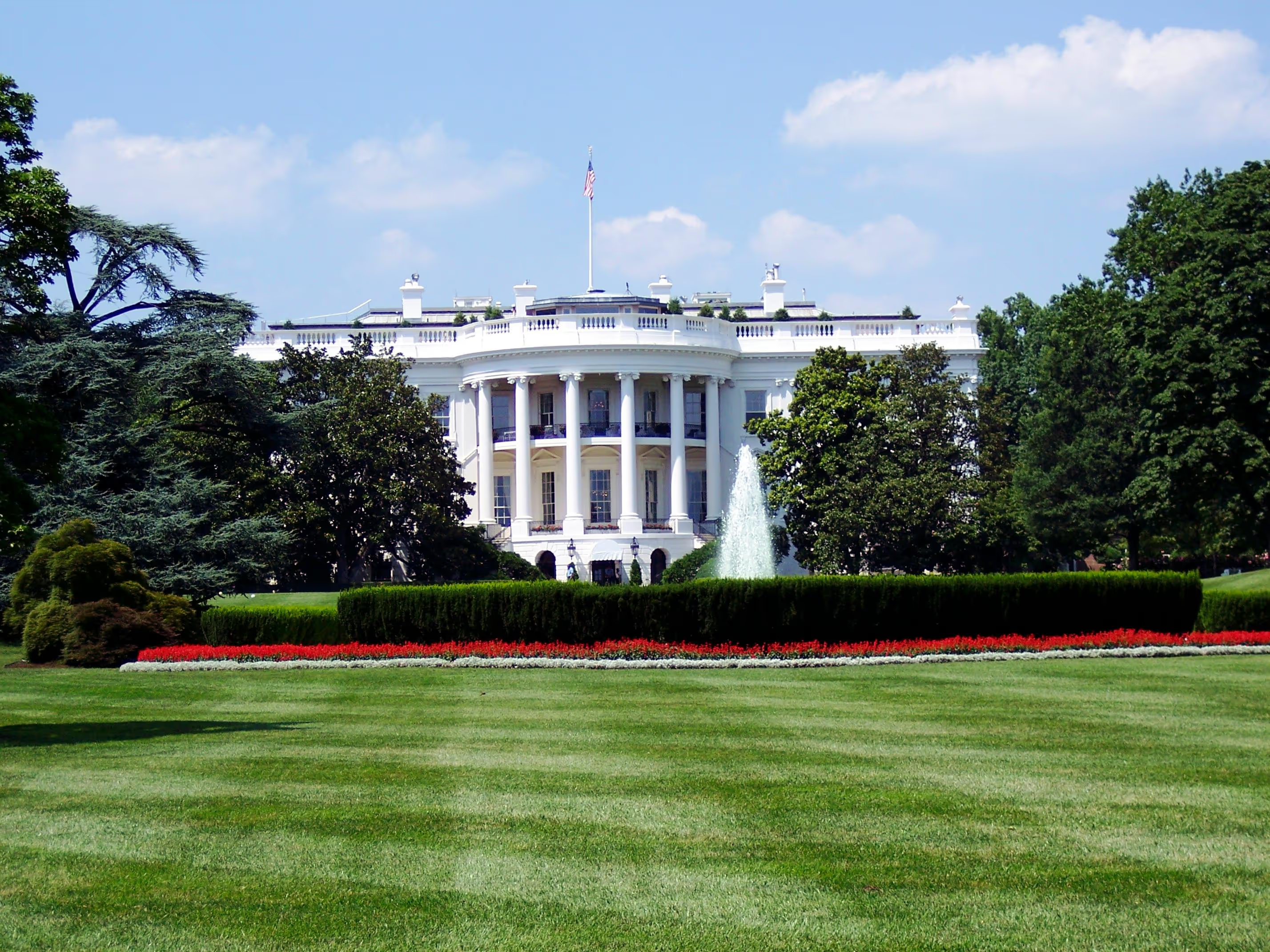


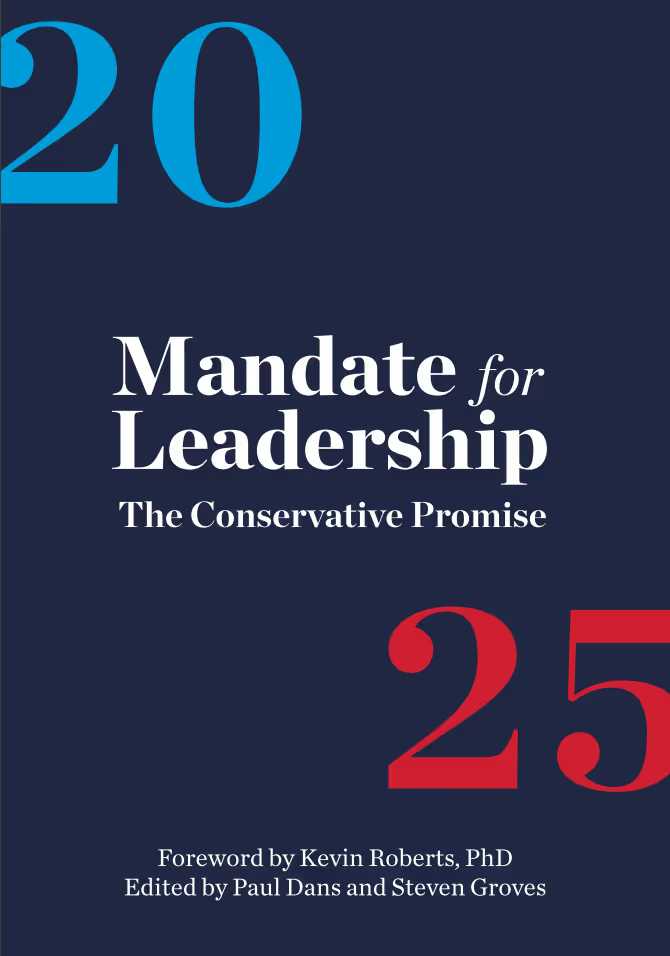






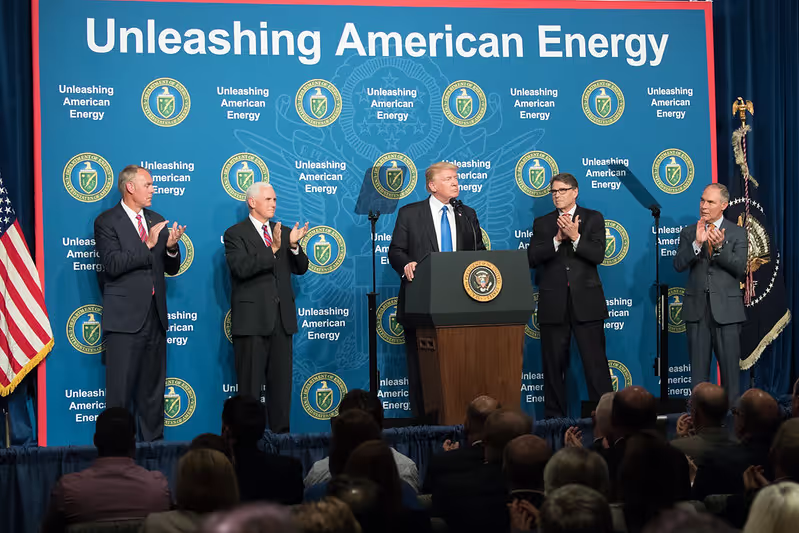

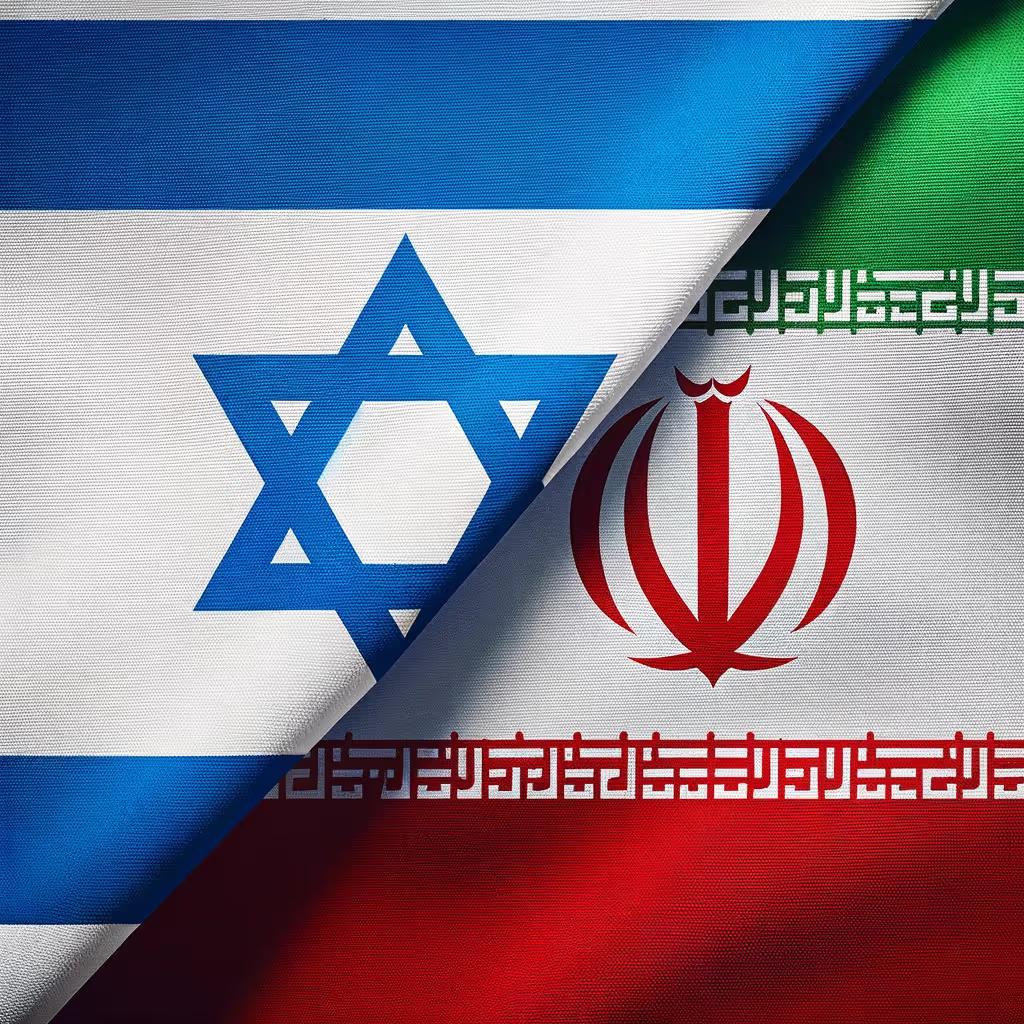




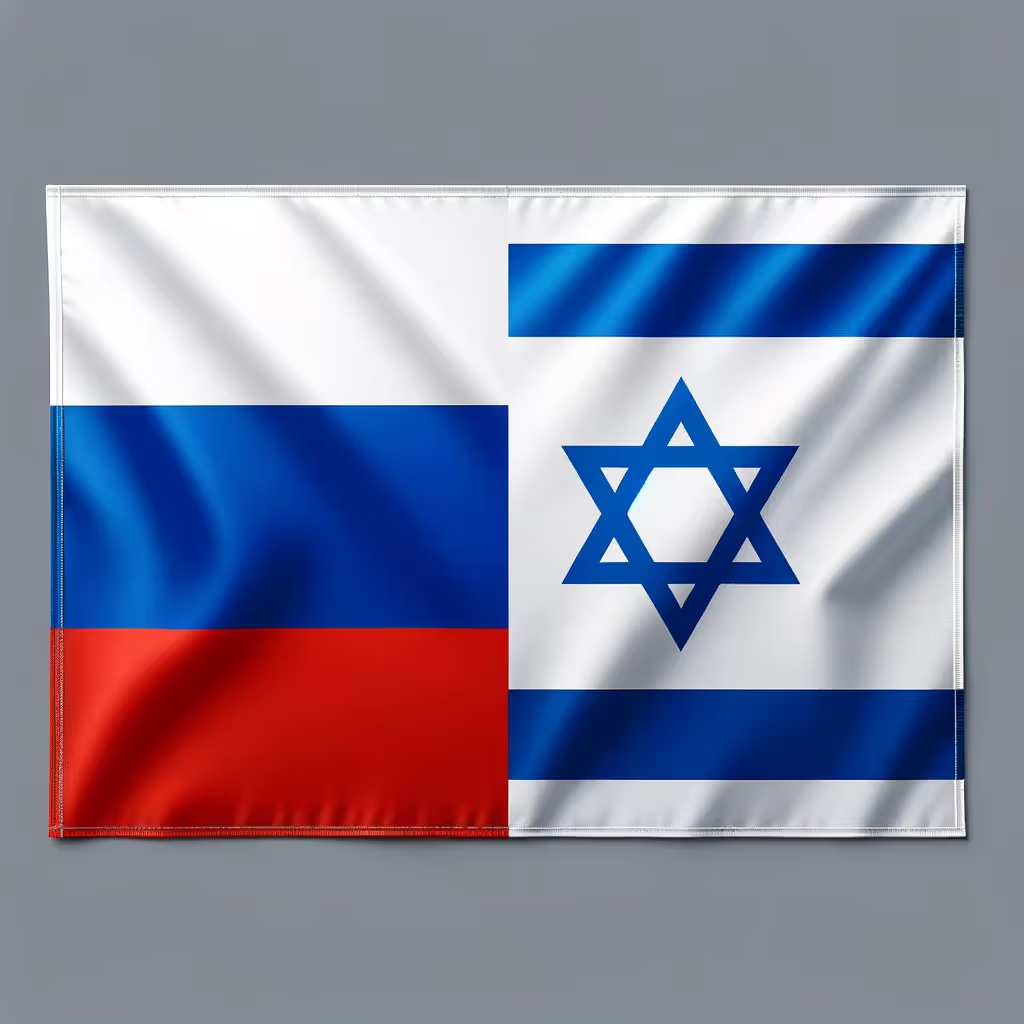










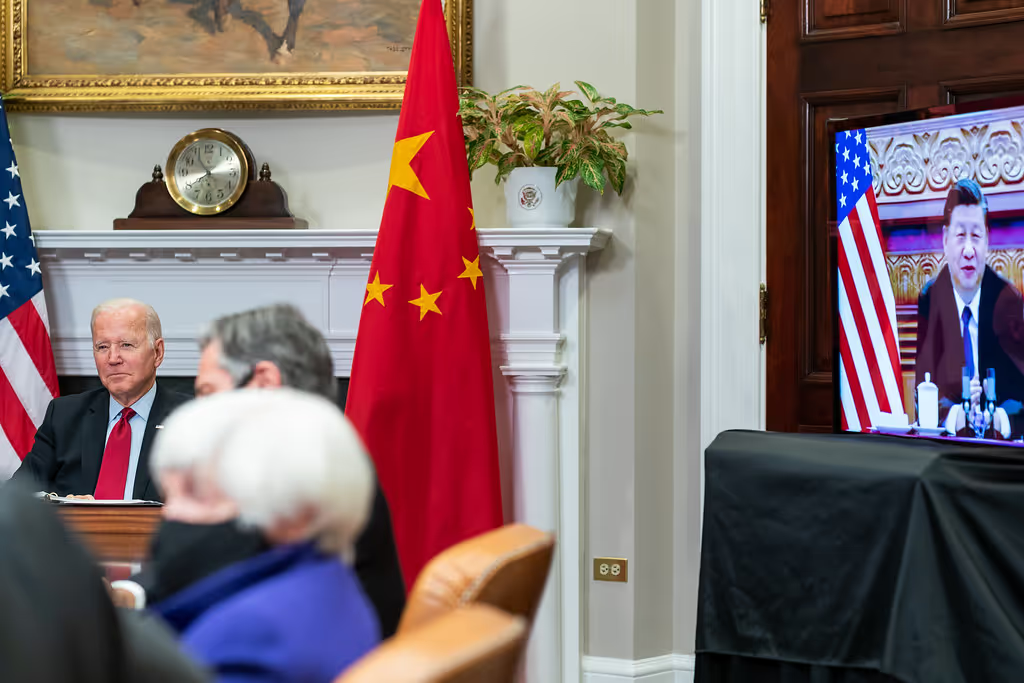




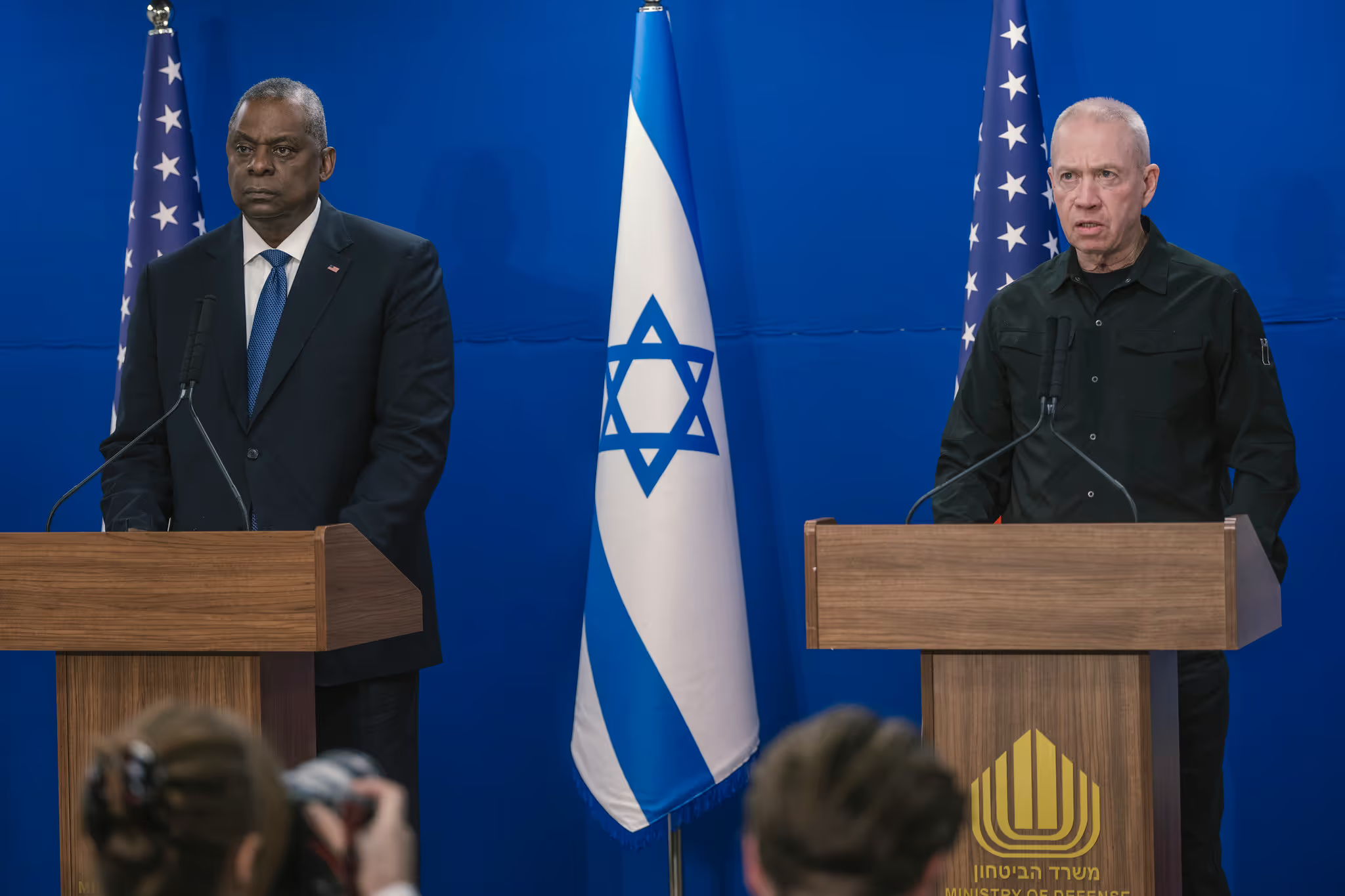





.avif)
